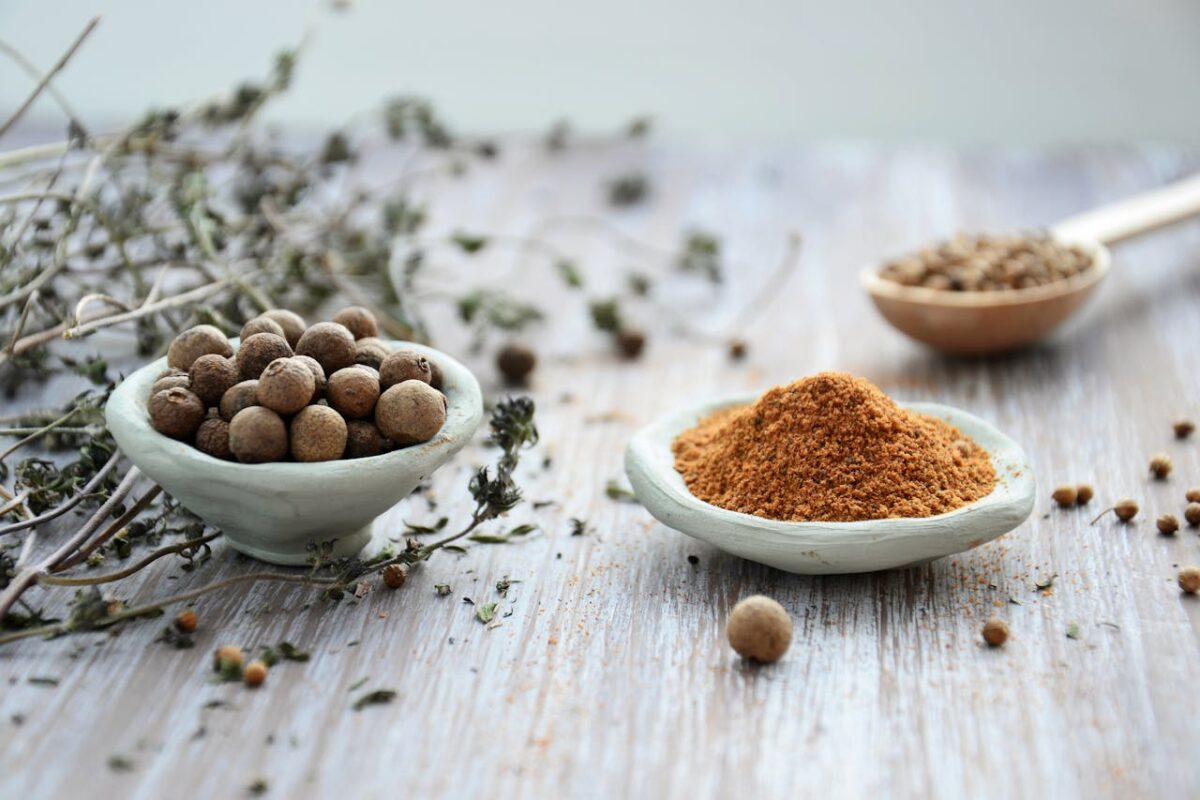Foods That Support a Healthy Gut During Stressful Times: Keep Your Digestion on Track
We’ve all been there—life gets hectic, stress levels rise, and suddenly, your gut isn’t feeling so great. Stress can wreak havoc on your digestive system, leading to bloating, discomfort, or even more serious issues if it goes unchecked. But here’s the good news: the right foods can help you keep your gut happy, even when life gets chaotic!
Let’s dive into some stress-busting foods that are not only delicious but also support a healthy gut during stressful times.
1. Leafy Greens: Nature’s Stress-Buster
Leafy greens like spinach, kale, and Swiss chard are packed with magnesium, a mineral that plays a crucial role in reducing stress and calming your nervous system. Magnesium also supports gut health by relaxing the muscles in your digestive tract, helping to reduce cramping and discomfort.
How to Enjoy:
- Add spinach to smoothies or salads for an easy nutrient boost.
- Sauté kale with garlic and olive oil as a quick, gut-friendly side dish.
2. Fermented Foods: Fuel for Good Gut Bacteria
When you’re stressed, your gut’s microbiome can become imbalanced, leading to digestive issues. That’s where probiotic-rich fermented foods come in. They help replenish the good bacteria in your gut, improving digestion and keeping things running smoothly even when you’re feeling frazzled.
Best Fermented Foods:
- Yogurt with live cultures (look for unsweetened, plain varieties).
- Sauerkraut, kimchi, and miso.
- Kefir, a fermented milk drink rich in probiotics.
How to Enjoy: Add a spoonful of sauerkraut or kimchi to your meals, or enjoy yogurt with fresh fruit as a snack.
3. Fatty Fish: Omega-3s to Soothe Inflammation
Fatty fish like salmon, mackerel, and sardines are rich in omega-3 fatty acids, which have been shown to reduce inflammation and support gut health. Omega-3s also help manage the body’s stress response, making them a key food for keeping calm and collected.
How to Enjoy:
- Grill or bake salmon with olive oil and herbs for a simple, gut-friendly dinner.
- Add canned sardines to salads or whole-grain toast for a quick lunch.
4. Berries: Antioxidant Powerhouses for Gut and Stress Relief
Berries like blueberries, strawberries, and raspberries are packed with antioxidants, which help combat oxidative stress in the body and protect your gut from inflammation. Berries are also a great source of fiber, which promotes a healthy gut microbiome.
How to Enjoy:
- Toss berries into your morning yogurt or smoothie.
- Snack on fresh or frozen berries throughout the day for a sweet, stress-relieving treat.
5. Ginger: Soothing for the Stomach
Ginger is a well-known digestive aid, thanks to its anti-inflammatory and anti-nausea properties. It can help soothe an upset stomach, reduce bloating, and improve overall gut function, especially when stress is taking a toll on your digestion.
How to Enjoy:
- Sip on ginger tea after meals to aid digestion.
- Grate fresh ginger into stir-fries, soups, or smoothies for an extra gut-friendly boost.
6. Avocados: Healthy Fats for a Happy Gut
Avocados are rich in monounsaturated fats, which help reduce inflammation in the gut and support healthy digestion. They’re also high in fiber, which promotes a balanced gut microbiome. Plus, their creamy texture makes them a comfort food that’s actually good for you!
How to Enjoy:
- Spread avocado on lectin-free toast or add it to salads for a filling, stress-relieving meal.
- Blend avocado into smoothies for a creamy texture without dairy.
Bottom Line: Nourish Your Gut to Handle Stress
Stress may be unavoidable at times, but the way you eat can help mitigate its effects on your gut. By incorporating these gut-friendly, stress-busting foods into your diet, you’ll not only support digestion but also help your body stay resilient during stressful periods. The next time life feels overwhelming, reach for these foods to keep your gut happy and your stress levels in check!



